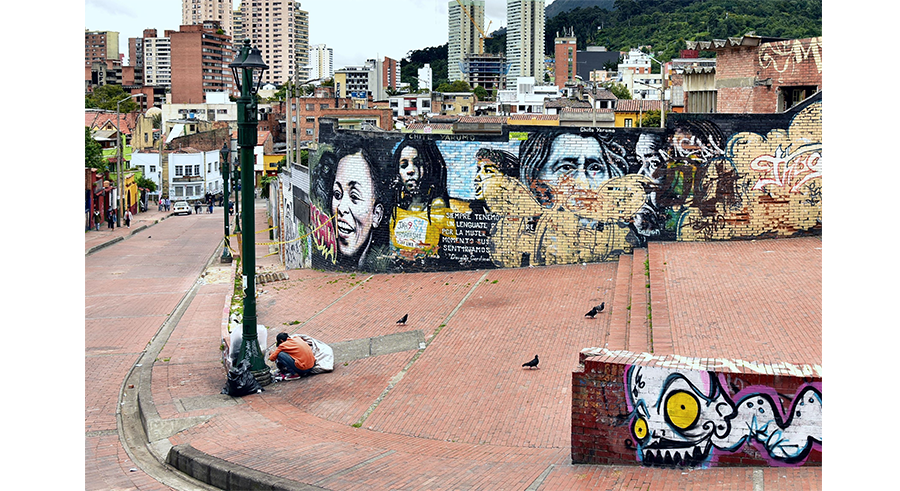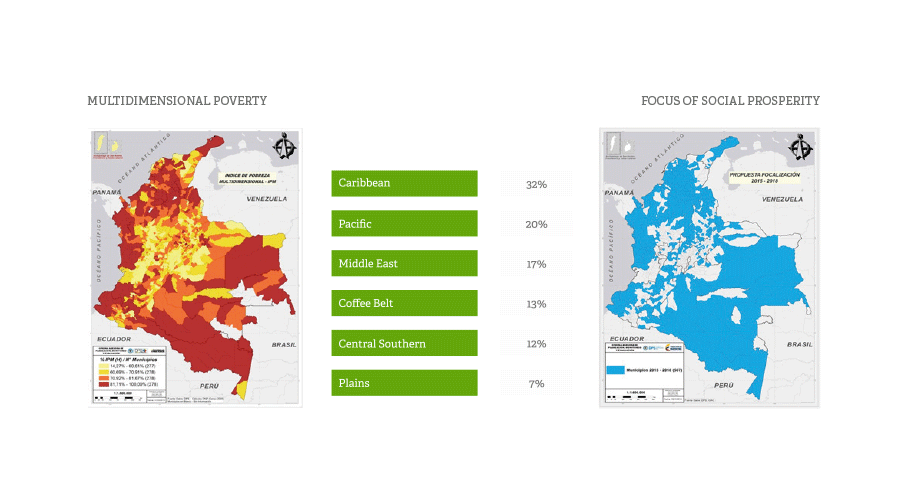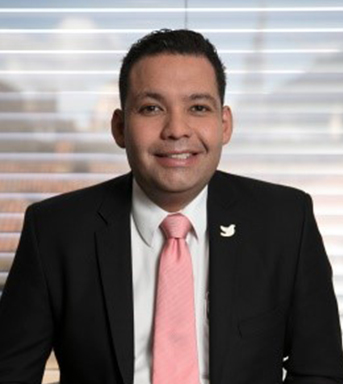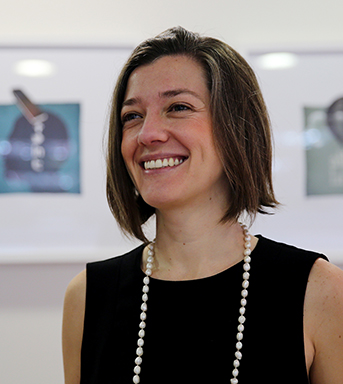On November 24, 2016, Colombian citizens and the international community were closely following President Juan Manuel Santos’ announcing the signing of the peace agreement to put an end to the over-five-decade-long armed conflict with the FARC. This milestone started the path toward disarmament, which the UN finally certified on June 26, 2017, the date from which the history of post-conflict started to be written.
The FARC handed in their weapons and now the country is facing a new “war”: The fight against poverty and for reconciliation that–although it has always been present–now that the guns are silenced, takes on historic prominence and entails a responsibility that will undoubtedly mark Colombia’s success as a society and true rule of law.
The front pages of the main newspapers started to change from war to the fight against corruption in both public and private sectors, while in some regions fear is slowly being converted into social empowerment and a new roads toward progress.

The chapter on reconciliation represents an unprecedented effort. It is about building trust among the population that–after more than 50 years of conflict and lagging development, especially in rural areas–must be an active part of the reconstruction of the social fabric, now without the smokescreen that weapons caused before.
And how does peace become a factor in overcoming poverty?
Speaking of peace is not only putting an end to armed conflict. Speaking of sustainable peace requires raising citizens’ life quality indicators, via improvements in their income, as well as access to good healthcare and education, building social housing and infrastructures, boosting employment, improving security, promoting guarantees for democracy and participation and fostering reconciliation and respect for the standards of harmonious coexistence and solidarity.
In general, speaking of peace is building a country that provides equitable access to the entire social offering that the state has designed so that citizens overcome multidimensional poverty. This must be accompanied by private investment to assure the growth and development of the country’s industry and services.

Recovering trust requires weaving a social foundation starting with rural issues
Now the challenge begins in earnest to restore the social fabric and create mechanisms that generate trust in all senses: overcoming poverty, corruption and other forms of violence, and the sense of division among the Colombians.
The places where the conflict consolidated are today the territories with the greatest setbacks and imminent needs, which put to the test the efficacy of the actions centered on social inclusion and reconciliation.

The state will have to increase its institutional entry into and coverage of post-conflict regions–most of them rural–, which are three times poorer than urban settings.
Along this line, post-conflict actions must be focused on the municipalities selected for this purpose, not only via programs and the provision of wellbeing and services, but also via instruments to develop regional public management skills and abilities.
Post-conflict entails effectively transforming the rural environment and improving this population’s living conditions, which involves identifying factors to stimulate regional development to handle these conditions via state social policies, programs, plans and projects, which must include:

Strengthening food and nutritional safety mechanisms, guaranteeing 100 % access, coverage and quality. Deaths from malnutrition in Colombia must be brought down to zero.

Development of social and community infrastructures to drive forward the progress of rural communities. Access to drinking water and electricity must be a priority.

Promotion of activities and schemes to generate sustainable earnings, establishing a more dynamic participation of rural markets.

Generation and formalization of rural employment as a social inclusion measure, organizing urban-regional development to ensure production inclusion.

Creation of mechanisms that guarantee access to quality education under equal conditions.
Institutional structure, yes! But working in coordination
Today, Colombians are finally starting to believe again in a new and better future, putting the efficacy of the national government’s strategies to test. The government’s challenge focuses in a suitable inter-institutional coordination that allows to reach the territory with an articulated offering. This must enable to see results quickly, particularly in the five cross-cutting core areas for overcoming multidimensional poverty: health, education, work, housing and public services, and protection of children and youth.

During the two governing terms of President Santos, over 5.1 million Colombians have risen out of multidimensional poverty. However, there are still eight million entrenched in this category. This task will take several years and–indeed–several governments that cannot let their guard down.
Business owners: the key for building a new country
The struggle to make post-conflict a strategy for development is an arduous task for the governments to come, which must be led by international business owners and investors that come together and join forces to define and jumpstart this vision of a new country.
Business owners and entrepreneurs will have to prepare to understand the new rules that shape a new stage, with multiple actors simultaneously playing under conditions that are still not fully known and with a general public that is at times the referee and other times the main character in the writing of this new story.
The promotion of respect and solidarity could perhaps be the greatest challenge in a country that is polarized not only by war, but also by the politicization of the process. National elections are approaching, and the transition toward this new stage will require the steady support of the business sector. Today the road toward peace in Colombia is first casting its eye on fighting poverty.


Nemesio Roys Garzon is general director at Social Prosperity. He has a BS in Industrial Engineering from Pontifical Xavierian University, an MBA from Oxford B. University; and postgraduate studies in Business Administration from Berkeley. He is also a graduate of the Senior Executive Leadership Program at Kellogg School of Management at Northwestern University in the United States. He holds certifications as a Strategic Negotiation Executive from Yale University and Advanced Human Resources Executive Management from the University of Michigan. Roys was the coordinator of the Regional Anticorruption Strategy, and an advisor at the state’s Modernization, Efficiency and Transfer. He was director of planning and development at Cemex Colombia; the vice-president of human resources and business social responsibility at Ladrillera Santafé; and director of human resources at Condimentos El Rey.

María Esteve is Partner and Managing Director of LLORENTE & CUENCA Colombia. Esteve has extensive experience in the fields of Crisis Communications and Public Affairs, stemming from her career at various communications firms and private companies. Maria joined LLORENTE & CUENCA in July 2013, after having held important positions such as Director of Corporate Communication of CorpBanca, where she worked for two years. She has a Degree in Social Communication from Pontifical Xavierian University.




